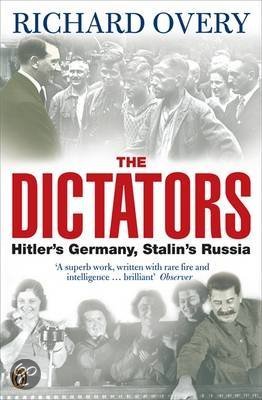Raul Patel
Year 13
History
Assess the reasons why there was so little opposition to Stalin’s rule in Russia
After defeating the natural successors by 1928, Stalin became the leader of the Soviet Union,
establishing a totalitarian dictatorship based on consolidating power and rapidly industrializing
Russia to protect the nation from Western threats. “We are 50-100 years behind the modern
nations, we must catch up in 10”. This essay will assess how Stalin was able to achieve his aims
with little opposition against his rule, analyzing; Kirov’s assassination (Show Trials and Purges),
decrees (Kin Punishment), and propaganda.
The main reason why there was little opposition to Stalin’s rule was the show trials / purges.
Stalin’s realization for a need to consolidate his position was highlighted with a loss of support
within the Bolshevik party. Kirov (Stalin’s protégé), had seen a rise in support, as he was popular
with party members, which played into Stalin’s paranoia, as he began to suspect plans against his
dictatorship. This was evident by 1934, which was believed to be the breaking-point, as Kirov
rejected to leave Leningrad to join Stalin in Moscow (to keep a closer eye on him), proving he
had lost control over his protégé, leading to his assassination in 1934 (under Stalin’s commands).
Not only did Stalin eliminate a potential candidate to his power, he was able to use Kirov’s death
as an excuse to commence the show trials and purges. Though Stalin blamed Kirov’s death on
Trotskyists, historians believe it was under his commands; as the assassin repetitively shouted,
“they forced me to do it”, responded with a brutal beating from the police force. Stalin used the
NKVD to target intellectuals such as teachers, scientists, doctors and Red Army Generals
(Trotsky’s influence), the main members of the Russian population who could question his





